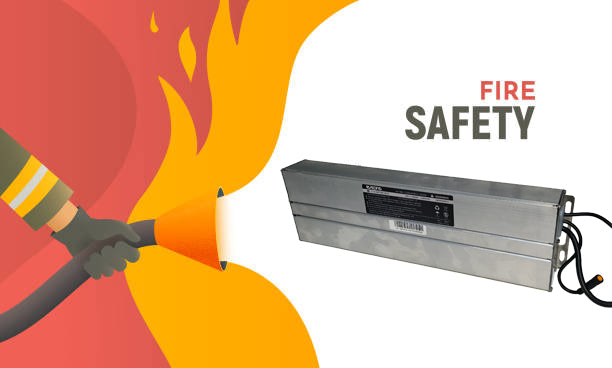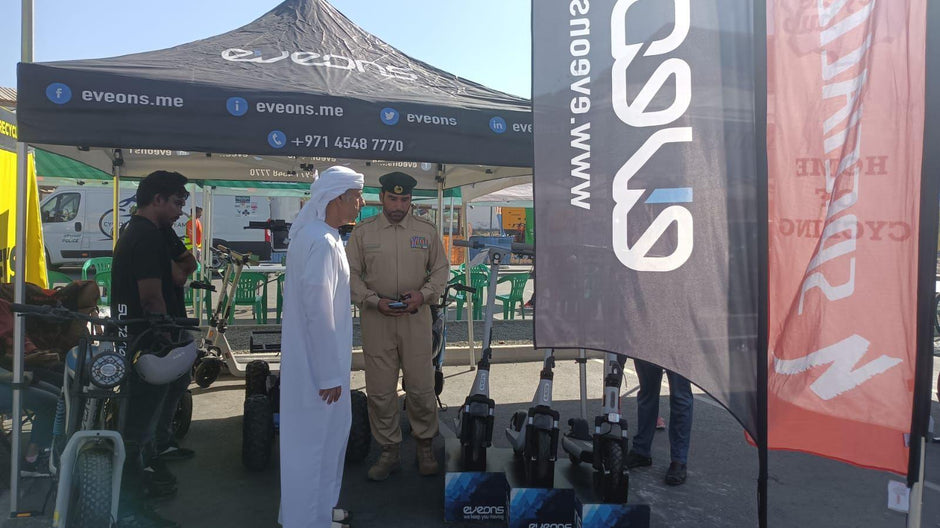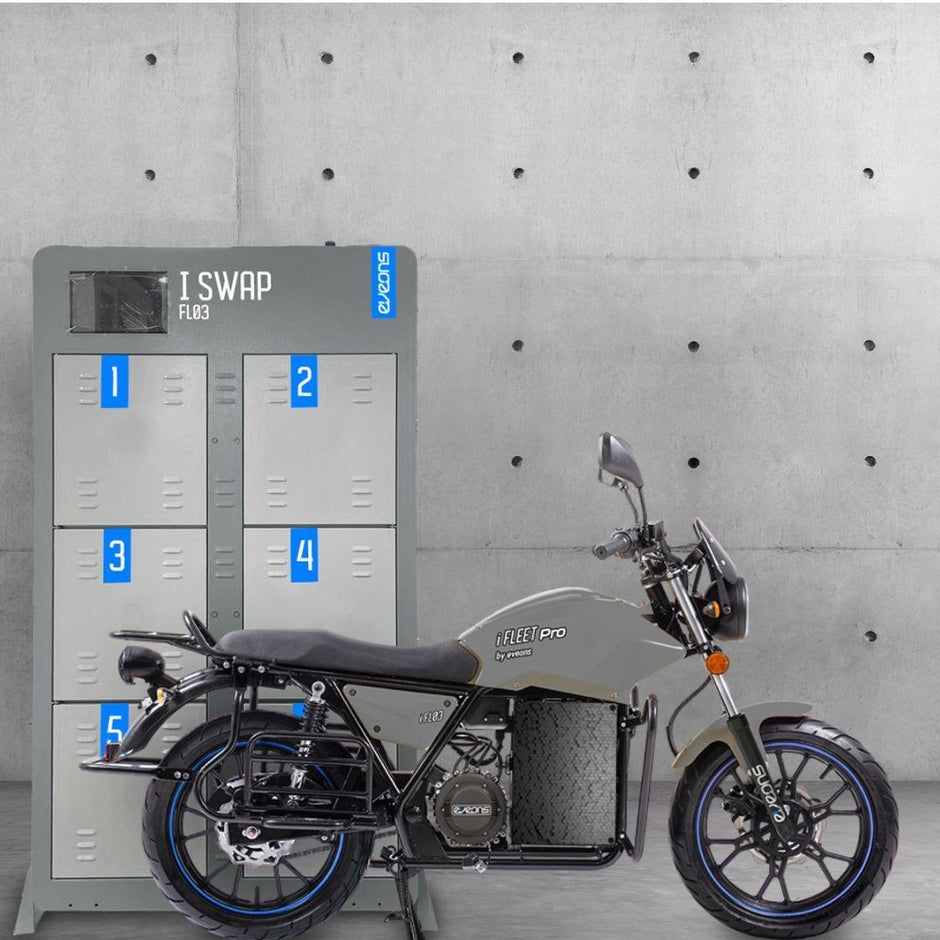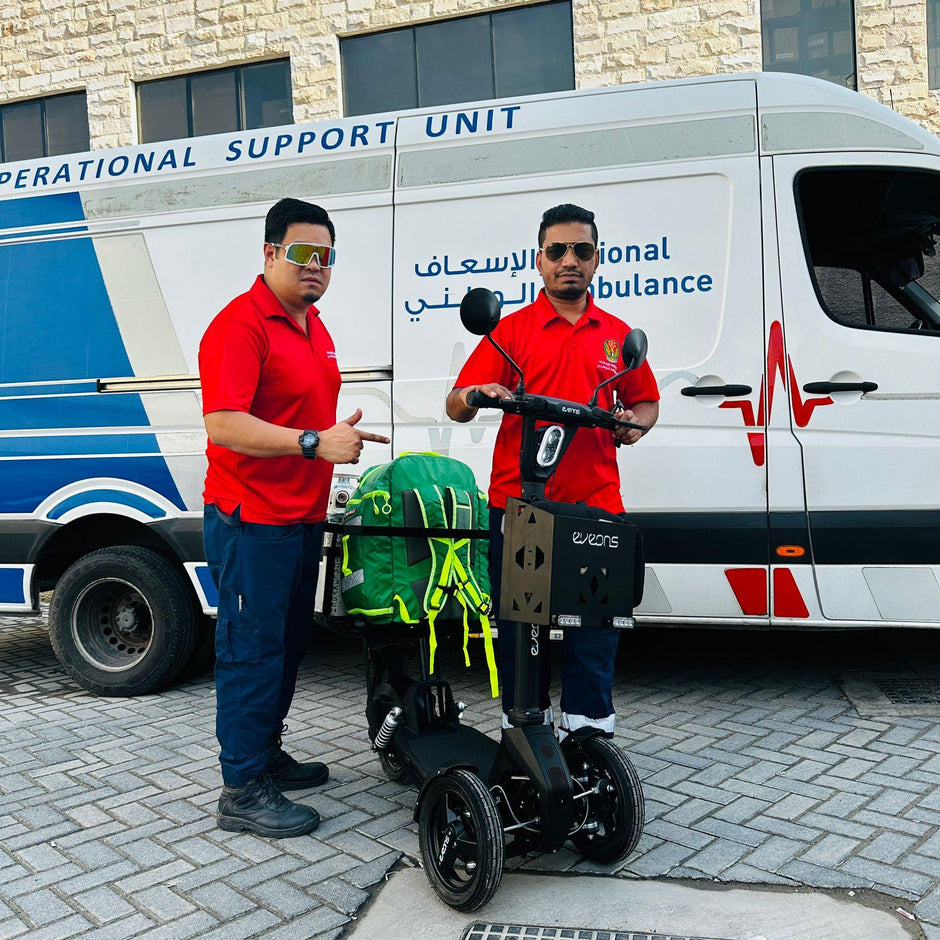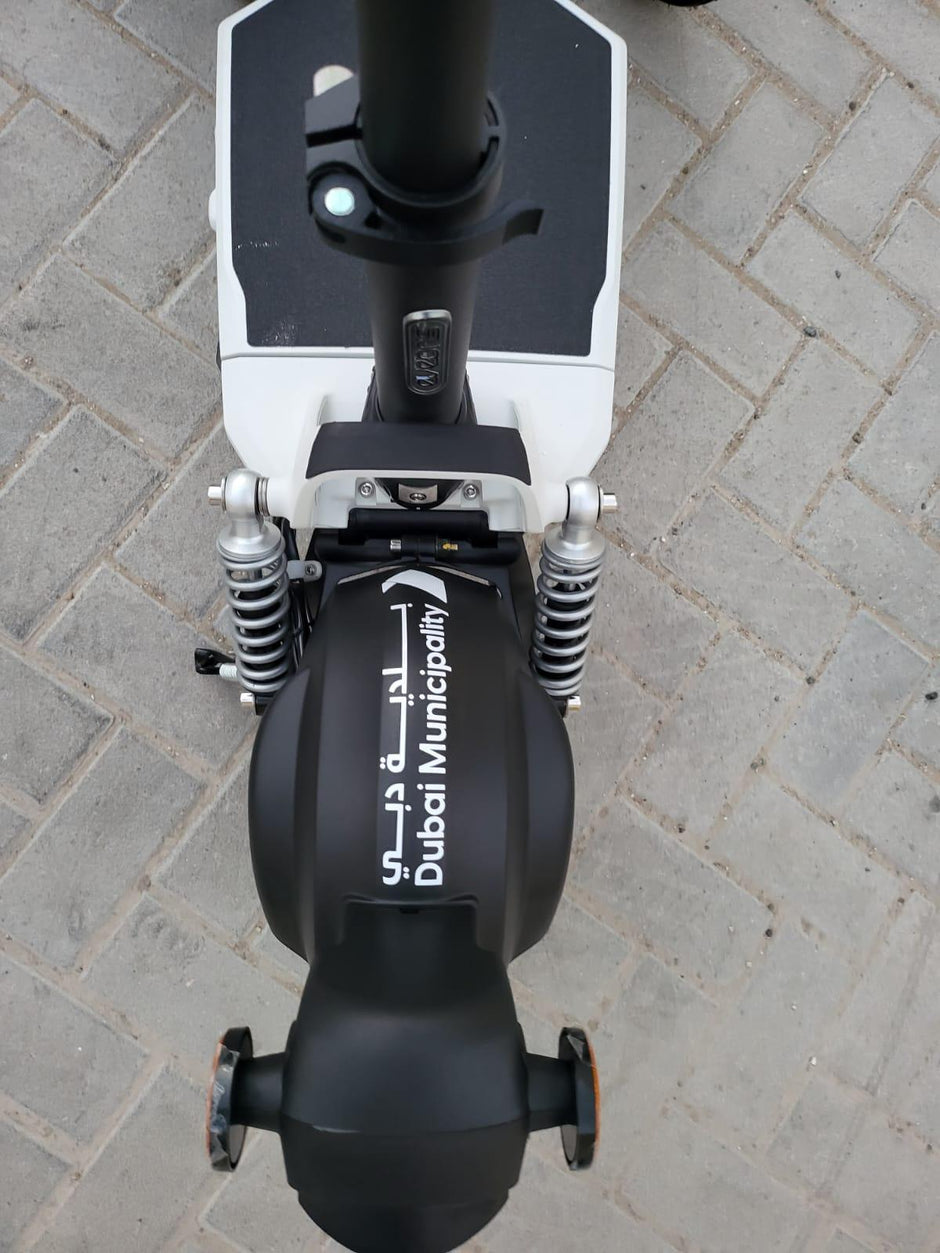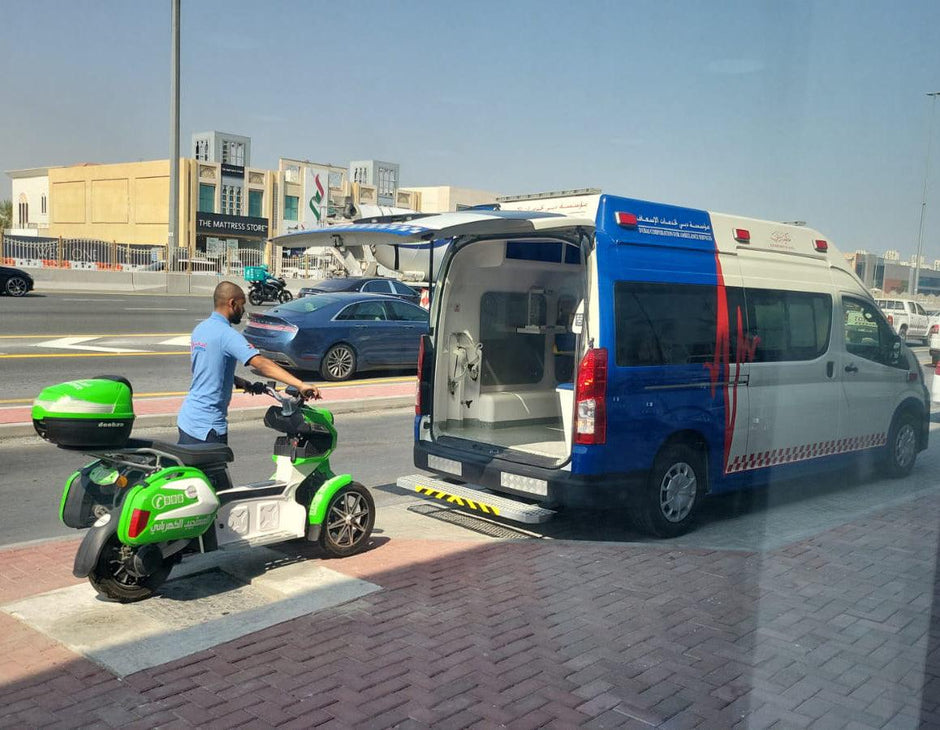Dubai’s Roads and Transport Authority has launched an online platform which allows the public to obtain free e-scooter riding permits, the authority announced Tuesday. The platform will be ready to operate and available to riders starting April 28.
RTA said the use of electric scooters are allowed in a total of ten districts across the Emirate.
How can one apply for the permit?
Obtaining the permit requires passing the awareness training course available on RTA’s website, and the trainee’s age should not be less than 16 years.
The training course includes lessons on the technical specifications and standards of scooters and users’ obligations, in addition to the areas allowed to use the scooter.
The course also deals with the definition of the associated traffic signs and signs related scooters.
The new regulations also stipulate that using an electric scooter or any other category determined by RTA without obtaining a driving permit is a traffic violation punishable by law with a fine of Dh200. This rule does not apply to those who have a valid driver’s license for the vehicle or an international driver's license or a motorcycle license.
The introduction of these regulations is an implementation of the Dubai Executive Council’s Resolution No 13 for 2022 endorsed by Sheikh Hamdan bin Mohammed bin Rashid Al Maktoum, Crown Prince of Dubai, Chairman of the Executive Council.
It supports the efforts to transform Dubai into bicycle-friendly city and encourages residents and visitors to use alternative mobility means. It also crowns the successful trial operation of e-scooters that had been on the go since October 2020.
The actual operation of e-scooter started on April 13, 2022 in ten districts in Dubai and was restricted to the designated cycling lanes in:
- Sheikh Mohammed bin Rashid Boulevard
- Jumeirah Lakes Towers
- Dubai Internet City
- Al Rigga
- 2nd December Street
- Palm Jumeirah
- City Walk
- Safe roads at Al Qusais
- Al Mankhool
- Al Karama
It was also permitted at all cycling and scooter lanes across Dubai, except for the cycling tracks at Saih Assalam, Al Qudra and Meydan.
The selection of these areas and lanes was based on specific criteria such as the high population density, special development zones, areas served by metro stations and mass transit means, the availability of integrated infrastructure, and high-traffic safety areas.
* Source: Khaleej Times 27/4/2022




